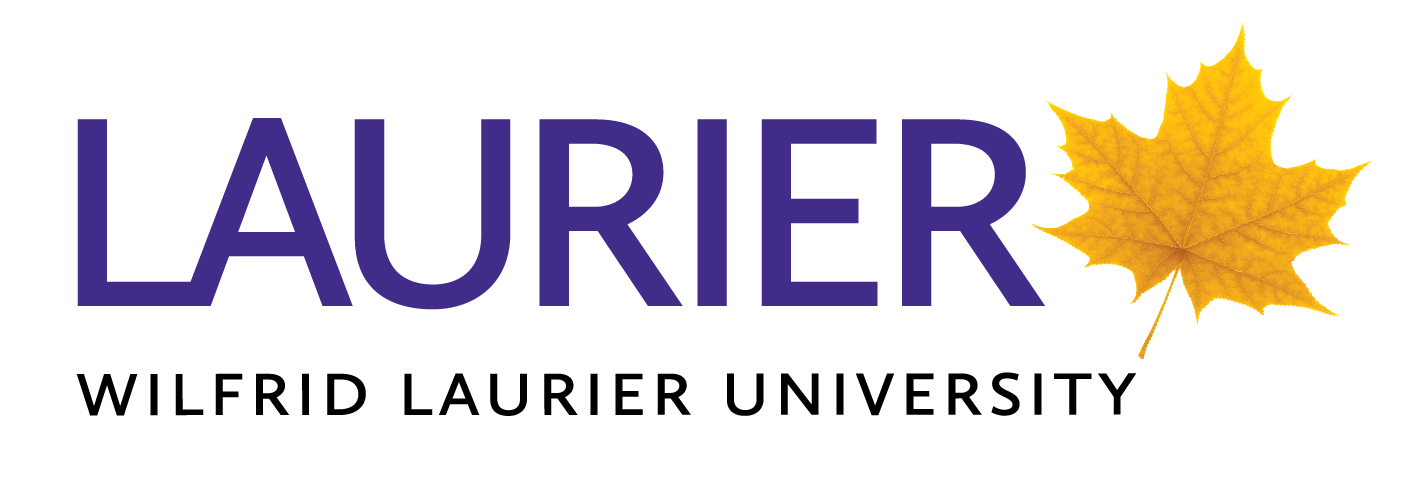0095 - Trauma-Centred Psychotherapy Techniques
Course Description
Hours: 12 (across four 1/2 days)
This workshop will introduce the use of trauma-centered psychotherapy principles and techniques when working with individuals. This approach, created by Johnson and Lubin (2015)1, integrates psychodynamic, exposure-based, cognitive behavioural, and humanistic approaches to trauma treatment for individuals who have experienced a wide range of traumatic events. This approach and set of techniques will provide participants with concrete tools for how to help clients who have experienced trauma to process these memories and their impact on their current lives.
This is practical introductory workshop that focuses on how to:
- Set a trauma-centered frame with a client.
- Conduct a direct and detailed trauma inquiry.
- Help clients understand the connections and differences between traumatic events and present-day behaviours.
- Handle avoidance and common disruptions in trauma work and the therapeutic relationship.
Trauma for the purposes of this workshop will include interpersonal and familial trauma, as well as systemic, intergenerational and state violence forms of trauma (e.g., war, racism, poverty, heterosexism, etc.). The workshop will address the use of arts to promote healing and activism in response to the personal and political aspects of harm.
Rather than “telling”, this workshop will focus on learning through “doing”. It is designed to be experiential, allowing participants to actively engage in role plays and practice the techniques being taught. In addition, information will be provided throughout the workshop using case examples, conversation and handouts.
Participants will:
- Gain an introductory understanding of trauma-centered psychotherapy principles and techniques.
- Learn how to set a trauma-centered frame with a client.
- Practice effective methods for conducting a direct, detailed trauma inquiry.
- Rehearse how to decode the connection between present-day behaviours and traumatic memories with clients and help them begin to differentiate.
- Gain tools for effectively addressing common disruptions in trauma work and the therapeutic relationship.
- Obtain a handout of core techniques and practice examples.
Please note: This training is designed for advanced helping professionals who currently practice psychotherapy. Other professionals are welcome to attend, but many of the techniques may be outside your scope of practice.
1 Johnson, D. R. & Lubin, H. (2015). Principles and techniques of trauma-centered psychotherapy. Washington, DC: American Psychiatric Publishing.
Notes
Time Zone: All listed course dates are held in ET (Ontario, Canada).
For more information contact the Faculty of Social Work Professional Development office:
Email: fswprofessionaldevelopment@wlu.ca
Phone: 548-889-5128
Cancellations and Transfers
Be sure to carefully review our cancellation and transfer information before registering.
Website: wlu.ca/fswpd
Applies Towards the Following Certificates
- Trauma Certificate : Trauma Certificate
This course has already taken place for the current academic year (July 1, 2025 to June 30, 2026).
The 2026/2027 Faculty of Social Work Professional Development course dates will be posted on this website on July 3, 2026.

